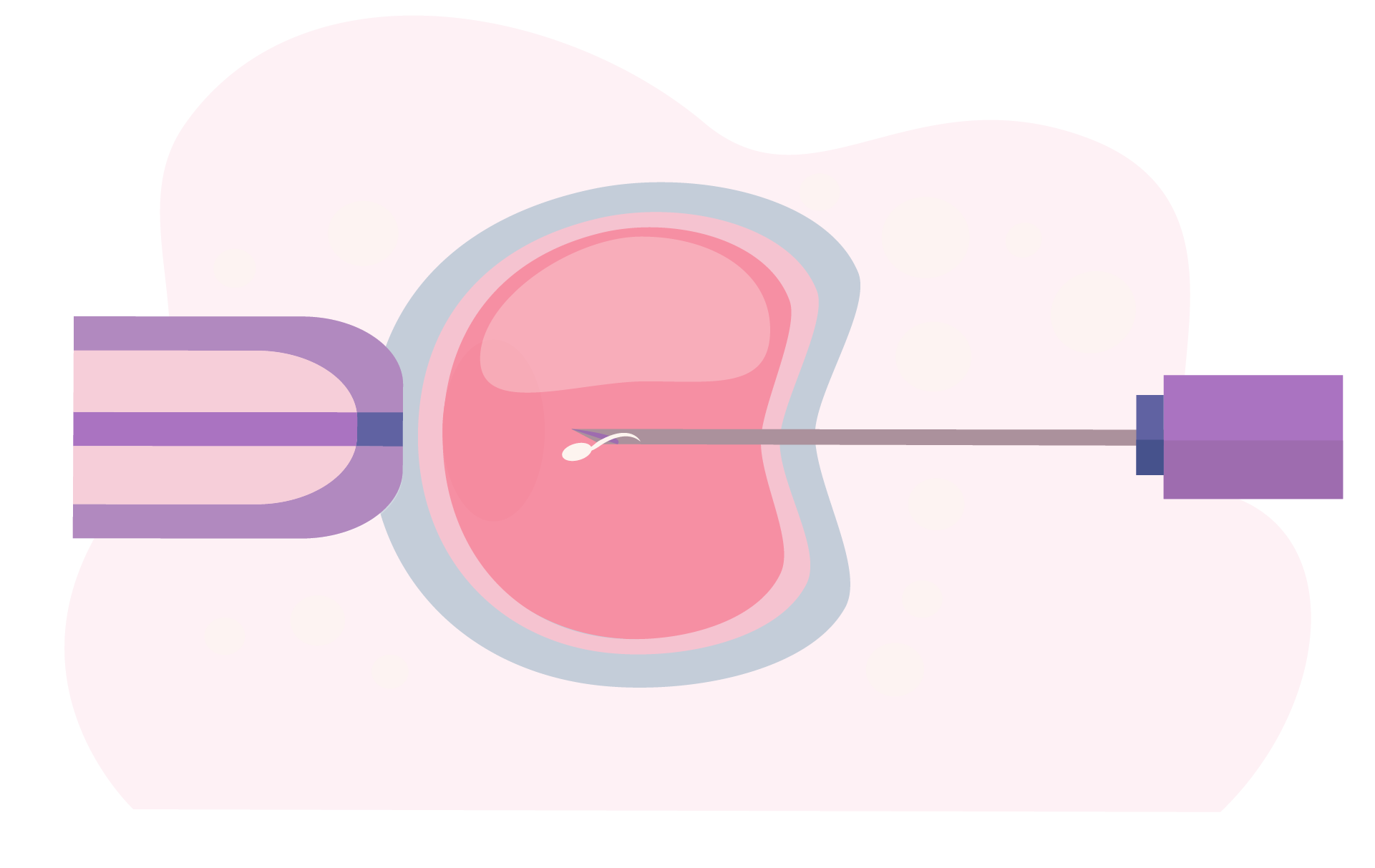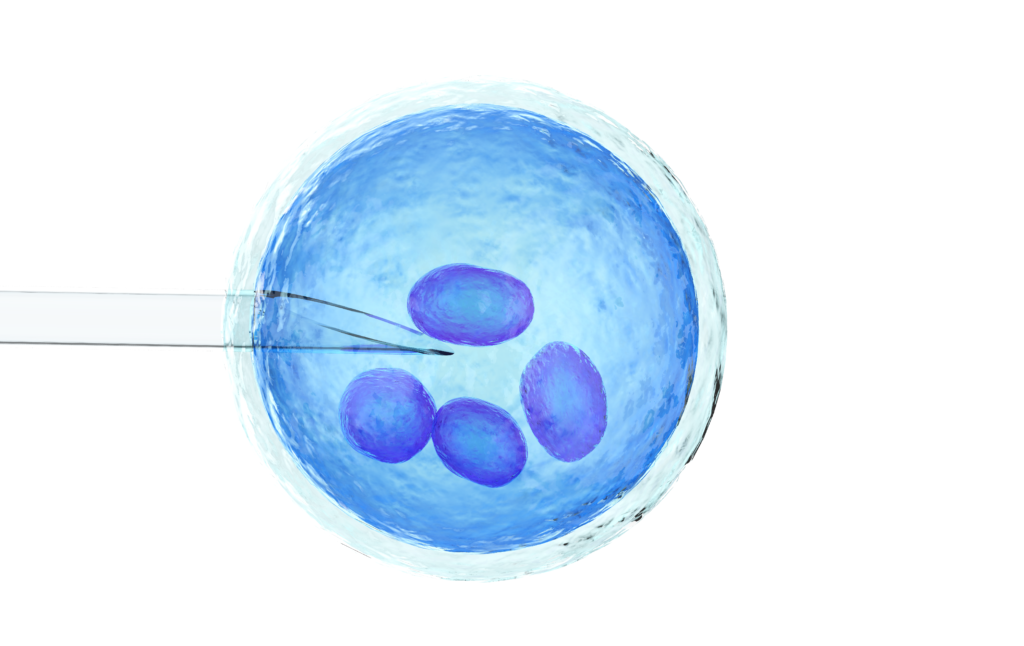
Couples often get frustrated at the medical intervention and extra work required for them to get pregnant. Choosing the suitable fertility treatment could be confusing for a couple who are overwhelmed with different options.
Most people become familiar with intrauterine and in vitro insemination during the process. Here, we have compiled, under the topic of IUI vs IVF, the different factors to know and discuss with your fertility specialists. Read on to learn more about these factors to help your specialist give the best expert advice for your case.

Understanding the Basics of IUI
IUI or intrauterine insemination, is a simple procedure by which the doctor collects the sperm of the male partner, processes it in the lab, and places it in the uterine cavity of the female partner. This process, which is also called artificial insemination, involves sperm washing, by which the sperm is removed from the seminal fluid and concentrated to increase fertility chances.
IUI is performed either along with fertility treatments or during the natural time of ovulation of a woman. For this, an over-the-counter ovulation predictor kit could be used. While placing the sperm during IUI, the doctor avoids the cervix and places it higher in the uterine cavity to increase the chance of sperm meeting the egg.
A Comprehensive Overview of IVF
In vitro fertilization (IVF) is a process of assisted reproductive technology (ART) in which an egg and sperm are fertilized in a lab. A woman takes fertility medicines that stimulate her ovaries to increase the chances of successful egg retrieval. The doctor sedates the patient for the egg retrieval process and carries out the insemination process on the same day.
A higher number of follicles with eggs is necessary for the IVF process. However, only one follicle is normally produced by a woman’s body. Further, factors such as medical history, age, or ovarian reserve can affect this. Hence, during IVF, high doses of hormones are injected into the woman’s body to produce 10 to 15 follicles.
After maturation, the eggs are retrieved through the vagina through a short outpatient surgical procedure known as oocyte retrieval. These eggs are then combined with sperm from the partner or a donor, and the resultant embryo is then transferred into the woman’s uterus or frozen for future use.
IUI vs IVF Success Rate
Technically, IVF has higher possibilities of success compared to IUI. However, particular factors about your body can affect the success rate for this procedure.
It has been observed that the IUI procedure’s success rate after each monthly attempt is 15-20%. However, with three to four rounds of the procedure, it is possible to achieve a cumulative success rate of up to 50%.
Physical factors such as age, reason for infertility, history of successful pregnancies, ovarian reserve, and more can influence the success rates of IVF. A single round of IVF can result in a success rate of 50–75% in most of the patients. However, two to three rounds of IVF are required for most patients for a successful pregnancy.
IUI vs IVF: Factors to Consider Before Choosing Between the Treatments
While discussing IUI vs IVF, it is important to mention the decisive factors to choose between these two procedures. These factors include:
- Cause of Infertility:
Unexplained infertility or mild sperm abnormalities could be treated by IUI. However, age-related infertility, blocked fallopian tubes, and other severe issues might need IVF intervention.
- Age:
Successful pregnancy from IUI is possible more in younger women than in older women. IVF is more suitable for women above the age of 35.
- Treatment History:
Failure of IUI treatments in the past implies the need for IVF procedures.
- IUI vs IVF Cost India:
IVF is a more expensive procedure compared to IUI. Further, with IVF, a patient might need multiple cycles for a successful pregnancy.
- Duration of the Treatment:
Multiple steps, such as hormonal treatment, retrieval of eggs, and transferring, are involved in IVF treatment. Hence, it takes more time than IUI to complete.
- Side Effects of the Treatments:
Cramping and bloating are the common side effects of the IUI procedure. Meanwhile, IVF comes with complications such as headaches, nausea, and fatigue.
- Depending on Which is More Painful, IUI or IVF
IVF procedure is generally more painful compared to the IUI procedure.
- Invasiveness:
IUI is less invasive in nature when compared to IVF. It is also carried out as an outpatient surgical procedure.
IUI vs IVF: Who Should Consider IUI?
- When you are a woman who cannot conceive even after using medication for ovulation-inducing fertility
- Couples with their sexual dysfunction or work or travel schedule causing trouble in conceiving.
- When the male partner has minor abnormalities such as abnormalities in motility, concentration, shape, or morphology of the sperm.
- When a male partner finds it difficult to ejaculate
- When sperm is obtained from the male partner previously and frozen because he has to undergo surgery or testicular cancer treatment
- When pregnancy is obtained using donor sperm
- As a primary treatment for unexplained infertility and mild endometriosis
IUI vs IVF: Who Should Consider IVF?
- When male factor infertility is severe
- When infertility is a result of blocked fallopian tubes
- When the IUI procedure was a failure
- When couples have concerns about passing genetic disorders to the baby
IUI vs IVF: Expert Guidance for the Best Treatment for You
Credence IVF is your destination if you are looking for assisted reproductive technologies, including embryo freezing by vitification. We take pride in the birth of the first baby in South Kerala through a frozen embryo. We also have to our credit the first baby through intracytoplasmic sperm injection (ICSI) and testicular sperm (TESA) in a 40+ lady in South Kerala.
So, are you still confused with the question of IUI vs IVF? You can always rely on expert advice from Credence IVF Hospital. Contact us today!
Phone: + 91 471 403 3333
Email ID: info@credenceivf.com



